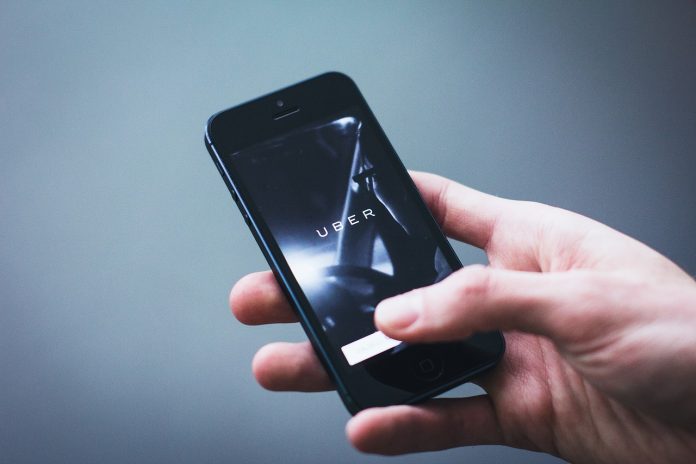The first pedestrian fatality caused by a self-driving car occurred Sunday night in Tempe, Arizona. One of Uber’s self-driving SUVs struck Elaine Herzberg, 49, at around 10 pm as she was walking her bicycle across Mill Avenue at its intersection with Curry Road, the Tempe police said in a statement. The Uber vehicle did have a safety driver behind the wheel of the Volvo XC90 SUV. Thankfully since the incident occurred Uber has halted the use of autonomous vehicles.
Moral and ethical debates have surrounded autonomous vehicles since they began to be imagined. The issue has been, how do you program the vehicles to react in certain situations. Should the car protect the driver at all costs, even if it means putting, for instance, a school bus of kids at risk? And how can programmers teach the vehicles to respond to unique and unpredictable human behavior?
Arizona attracted companies who produce autonomous vehicles after it allowed self-driving cars to operate without a driver behind the wheel. California also agreed to allow the unmanned vehicles starting this April. More than a dozen states in the US allow autonomous vehicles on the roads to some degree.
Uber already has self-driving semis that carry cargo on Arizona highways. The trucks have a truck driver behind the wheel at the moment but Uber has hopes of removing them. The recent fatality should make the company think twice.
Consumer Watchdog, a lobby group that has warned of the risks of autonomous cars, on Monday called for a moratorium of such vehicles on public roads, describing the accident as a “tragedy we have been fighting years to prevent”. “We hope our calls for real regulation of driverless cars will be taken seriously going forward by Silicon Valley and the Trump Administration,” the group wrote on Twitter.
“As always we want the facts, but based on what is being reported this is exactly what we have been concerned about and what could happen if you test self-driving vehicles on city streets,” said Jason Levine, executive director of the Center for Auto Safety, a Washington-based advocacy group. “It will set consumer confidence in the technology back years if not decades. We need to slow down.”


![[VIDEO] Drag Queen Drag Shows Are Now Infesting Churches](https://christianjournal.net/wp-content/uploads/2019/11/Screenshot-2019-11-22-at-9.02.01-PM-218x150.png)
![[VIDEO] Starbucks Worker Dumps Milkshake On Open Air Preachers Head](https://christianjournal.net/wp-content/uploads/2019/11/Screenshot-2019-11-22-at-7.23.43-PM-218x150.png)
![[VIDEO] Man Arrested For Threatening To Kill Female Abolitionist With Crowbar](https://christianjournal.net/wp-content/uploads/2019/11/MLock-1-218x150.jpg)
![[VIDEO] Drag Queen Drag Shows Are Now Infesting Churches](https://christianjournal.net/wp-content/uploads/2019/11/Screenshot-2019-11-22-at-9.02.01-PM-100x70.png)
![[VIDEO] Starbucks Worker Dumps Milkshake On Open Air Preachers Head](https://christianjournal.net/wp-content/uploads/2019/11/Screenshot-2019-11-22-at-7.23.43-PM-100x70.png)
![[VIDEO] Man Arrested For Threatening To Kill Female Abolitionist With Crowbar](https://christianjournal.net/wp-content/uploads/2019/11/MLock-1-100x70.jpg)


